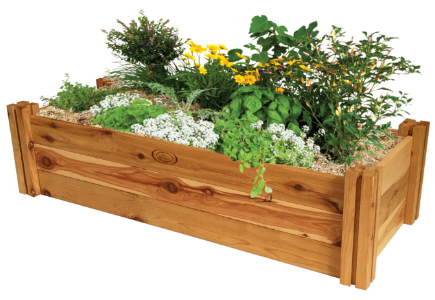Urban agriculture is a burgeoning field that offers numerous benefits, from enhancing food security to promoting environmental sustainability. However, maintaining horticultural endurance in urban settings can be challenging. Here are 15 tips for improving horticultural endurance in urban agriculture to help you cultivate a thriving urban garden.

1. Soil Health Management
Healthy soil is the cornerstone of resilient urban agriculture. Regularly test your soil to understand its nutrient profile and pH levels. Incorporate organic matter such as compost to improve soil structure, water retention, and nutrient availability.
2. Water Conservation Techniques
Efficient water use is crucial for sustainable urban gardening. Implement drip irrigation systems and rainwater harvesting to minimize water waste. Mulching can also help retain soil moisture and reduce evaporation.
3. Crop Rotation Practices
Rotating crops helps prevent soil depletion and reduces the risk of pest and disease buildup. Plan your garden layout to ensure that different plant families are grown in different areas each season.
4. Integrated Pest Management (IPM)
Adopt IPM strategies to manage pests in an eco-friendly manner. Use beneficial insects, natural predators, and organic pesticides to keep pest populations under control without harming the environment.
5. Vertical Gardening
Maximize limited urban space by growing plants vertically. Use trellises, wall-mounted planters, and vertical garden structures to increase your growing area and improve plant health.
6. Companion Planting
Companion planting involves growing different plants together to enhance growth and deter pests. For example, planting marigolds with tomatoes can help repel nematodes and other harmful insects.
7. Urban Composting
Composting organic waste not only reduces landfill burden but also provides nutrient-rich compost for your garden. Set up a compost bin or pile to recycle kitchen scraps and garden waste into valuable soil amendments.
8. Climate-Resilient Plant Selection
Choose plant varieties that are well-suited to your local climate and urban environment. Drought-tolerant and heat-resistant plants can thrive in challenging urban conditions, ensuring a more resilient garden.
9. Community Engagement
Engage with your local community to share knowledge, resources, and labor. Community gardens and urban farming cooperatives can provide support and enhance the overall endurance of urban agriculture initiatives.
10. Sustainable Fertilization
Use organic fertilizers and soil amendments to nourish your plants without harming the environment. Avoid synthetic fertilizers that can lead to soil degradation and water pollution.
11. Seasonal Planning
Plan your planting schedule according to the seasons to optimize growth and yield. Understanding the growing cycles of different crops can help you make the most of your urban garden space.
12. Biodiversity Promotion
Encourage biodiversity by planting a variety of crops and flowers. A diverse garden ecosystem can improve resilience against pests and diseases and promote a healthier environment.
13. Efficient Space Utilization
Make the most of your urban garden space by using containers, raised beds, and intercropping techniques. Efficient space utilization can lead to higher yields and more productive gardens.
14. Regular Maintenance
Consistent garden maintenance is key to long-term horticultural endurance. Regularly weed, prune, and monitor your plants for signs of stress or disease to keep your garden in top condition.
15. Education and Adaptation
Stay informed about the latest urban agriculture practices and be willing to adapt your methods. Continuous learning and flexibility can help you overcome challenges and improve the sustainability of your urban garden.
By implementing these 15 tips for improving horticultural endurance in urban agriculture, you can create a thriving, sustainable urban garden that benefits both you and your community. Remember, the key to success lies in understanding your environment, staying informed, and being adaptable. Happy gardening!







